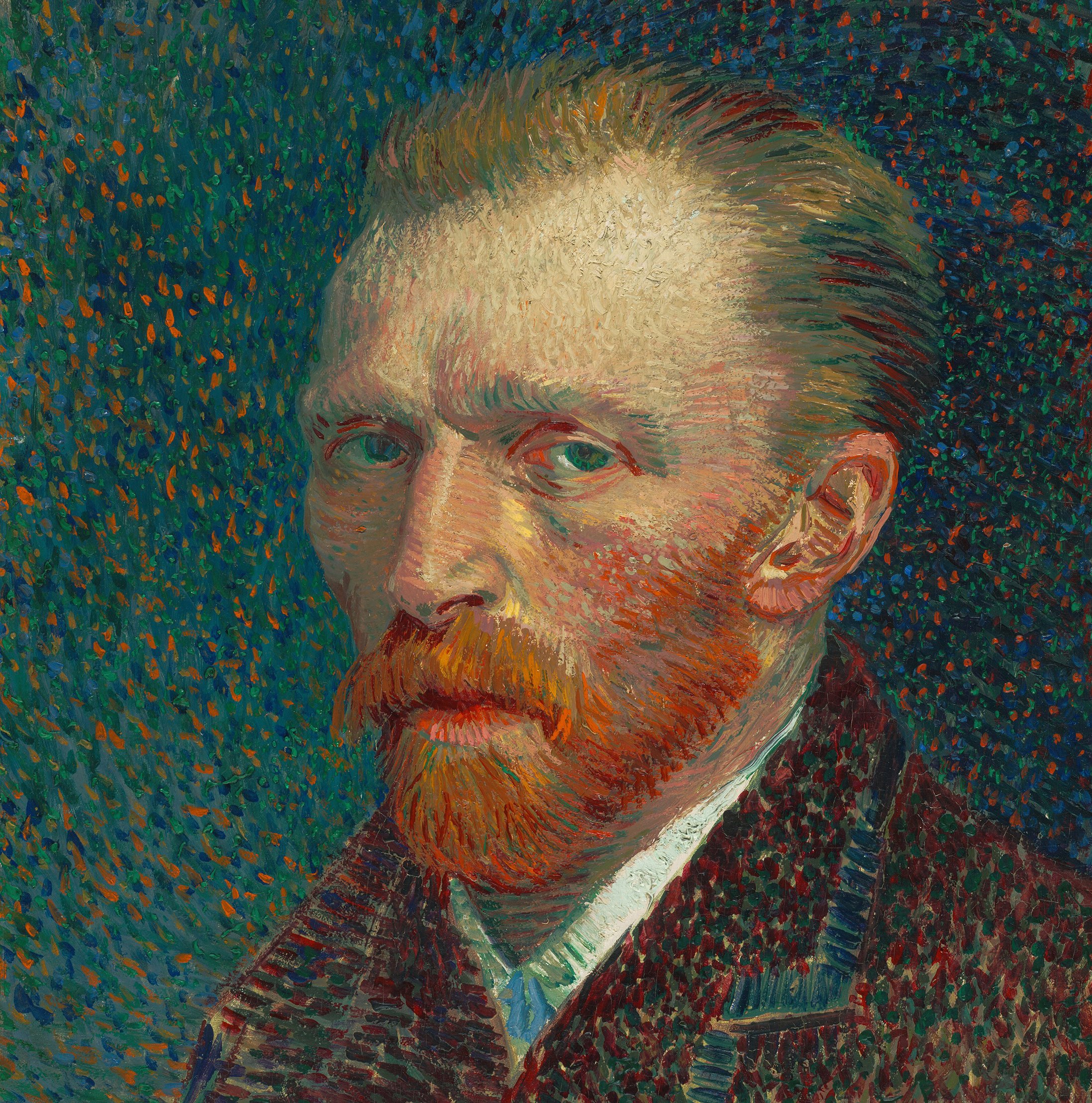 Image 1 of 3
Image 1 of 3

 Image 2 of 3
Image 2 of 3

 Image 3 of 3
Image 3 of 3




Exploring the Depths of Madness: A Journey with Wouter Kusters PhD, Begins March 30
Six-week class taught online via Zoom
Sundays, March 30 - May 11, 2025
1 - 3pm ET (NYC Time)
$180
Step into the enigmatic world of madness with philosopher and author Wouter Kusters, where the boundaries between light and shadow, reason and unreason, blur and dissolve. This course invites participants to explore madness—not as mere pathology but as a profound human experience that is often dangerous and disabling, but may also challenge and enrich our understanding of existence.
Beginning with personal stories, we encounter the transformative experiences of Dorothea Buck, Daniel Schreber, and Antonin Artaud, alongside Kusters’ own journeys through madness. These intimate accounts provide a window into the lived reality of psychosis, offering perspectives often silenced or misunderstood. Their stories unfold within a broader historical and philosophical framework, guided by the insights of thinkers like Michel Foucault, Roy Porter, and Andrew Scull. Special focus will be given to Louis Sass and his groundbreaking work Madness and Modernism, which redefined the cultural and artistic dimensions of madness, and reconnected these to the work of philosophers like Husserl, Merleau-Ponty, Sartre and Derrida.
From this foundation, participants will explore the intricate inner workings of madness—how reality twists, perceptions fracture, and delusions take shape. Drawing from Kusters’ acclaimed work A Philosophy of Madness, we’ll confront the paradoxes of mad logic, the spiritual and religious dimensions of madness, and the boundless creativity it inspires. The works of Escher will illuminate the geometric beauty of madness, while the ideas of mathematicians like Georg Cantor and John Nash reveal its connection to groundbreaking discoveries—echoed in A Beautiful Mind.
Blending philosophy, spirituality, history, and art, this course challenges conventional narratives. Madness is not only a disorder to be feared, but also a mirror reflecting deeper truths about humanity. It is a realm of terror and beauty, chaos and genius, offering alternative realities that may enrich our understanding of creativity, identity, life and death, and the human spirit.
Through this journey, you’ll discover the transformative potential of madness—its power to inspire, to question, and to reveal. Engage with its complexities and embrace its profound insights into the human condition.
Wouter Kusters, PhD, is a Dutch philosopher and linguist, known for his award-winning books, including A Philosophy of Madness. He explores madness as a profound existential experience. Combining scholarly rigor with personal insight, Kusters’ work bridges philosophy, psychiatry, and creative writing, offering groundbreaking perspectives on human nature.
Images: Nebuchadnezzar; William Blake; (Details) Self Portrait, Vincent van Gogh, 1887; Evening on Karl Johan Street, Edvard Munch, 1892.
Six-week class taught online via Zoom
Sundays, March 30 - May 11, 2025
1 - 3pm ET (NYC Time)
$180
Step into the enigmatic world of madness with philosopher and author Wouter Kusters, where the boundaries between light and shadow, reason and unreason, blur and dissolve. This course invites participants to explore madness—not as mere pathology but as a profound human experience that is often dangerous and disabling, but may also challenge and enrich our understanding of existence.
Beginning with personal stories, we encounter the transformative experiences of Dorothea Buck, Daniel Schreber, and Antonin Artaud, alongside Kusters’ own journeys through madness. These intimate accounts provide a window into the lived reality of psychosis, offering perspectives often silenced or misunderstood. Their stories unfold within a broader historical and philosophical framework, guided by the insights of thinkers like Michel Foucault, Roy Porter, and Andrew Scull. Special focus will be given to Louis Sass and his groundbreaking work Madness and Modernism, which redefined the cultural and artistic dimensions of madness, and reconnected these to the work of philosophers like Husserl, Merleau-Ponty, Sartre and Derrida.
From this foundation, participants will explore the intricate inner workings of madness—how reality twists, perceptions fracture, and delusions take shape. Drawing from Kusters’ acclaimed work A Philosophy of Madness, we’ll confront the paradoxes of mad logic, the spiritual and religious dimensions of madness, and the boundless creativity it inspires. The works of Escher will illuminate the geometric beauty of madness, while the ideas of mathematicians like Georg Cantor and John Nash reveal its connection to groundbreaking discoveries—echoed in A Beautiful Mind.
Blending philosophy, spirituality, history, and art, this course challenges conventional narratives. Madness is not only a disorder to be feared, but also a mirror reflecting deeper truths about humanity. It is a realm of terror and beauty, chaos and genius, offering alternative realities that may enrich our understanding of creativity, identity, life and death, and the human spirit.
Through this journey, you’ll discover the transformative potential of madness—its power to inspire, to question, and to reveal. Engage with its complexities and embrace its profound insights into the human condition.
Wouter Kusters, PhD, is a Dutch philosopher and linguist, known for his award-winning books, including A Philosophy of Madness. He explores madness as a profound existential experience. Combining scholarly rigor with personal insight, Kusters’ work bridges philosophy, psychiatry, and creative writing, offering groundbreaking perspectives on human nature.
Images: Nebuchadnezzar; William Blake; (Details) Self Portrait, Vincent van Gogh, 1887; Evening on Karl Johan Street, Edvard Munch, 1892.
